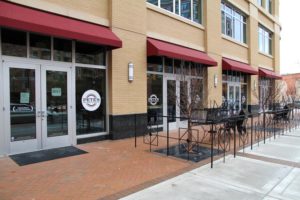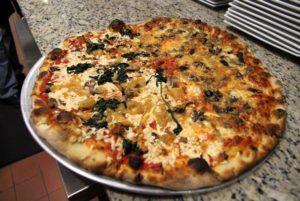 Groupon built its business on offering hot deals at local shops and restaurants.
Groupon built its business on offering hot deals at local shops and restaurants.
Those blockbuster deals would attract thousands of buyers and help spread the word about Groupon. But are the deals cooling off?
Groupon held its initial public stock offering on Friday, and since then the stock price has steadily fallen from a high of $31 to $23.50, as of this morning. Analysts have questioned whether Groupon can live up to its multi-billion dollar valuation with reports that local merchants — especially restaurants — are souring on the big daily deal model, which is often a money-loser thanks to Groupon taking up to half of the proceeds from already-discounted sales.
Consumers, too, may be getting turned off, especially in Groupon’s better-established markets. Data suggests that a “significant portion” of people who once subscribed to daily deal emails are now unsubscribing. Indeed, one firm that tracks data from Groupon has reported that its core local deal business is starting to decline.
Some anecdotal evidence points to an erosion in the quality of deals offered as the more popular local businesses become less likely to do steeply-discounted deals and as an explosion in the number of daily deal companies spreads the better deals across a wider swath of websites.
Recent offerings from the Groupon Northern Virginia Twitter feed include 63 percent off weight-loss hot pants, 53 percent off a haircut at a Dulles, Va. salon, and 58 percent off an eco-friendly waterless car wash.
Do you think the quality of Groupon deals has gone down over the past year or so?





 In the hyperactive era of RSS feeds, smartphones, and yes, blogs, it’s kind of heartwarming to see that there’s still a market for the good ol’ fashioned Sunday newspaper, if only thanks to Groupon.
In the hyperactive era of RSS feeds, smartphones, and yes, blogs, it’s kind of heartwarming to see that there’s still a market for the good ol’ fashioned Sunday newspaper, if only thanks to Groupon.